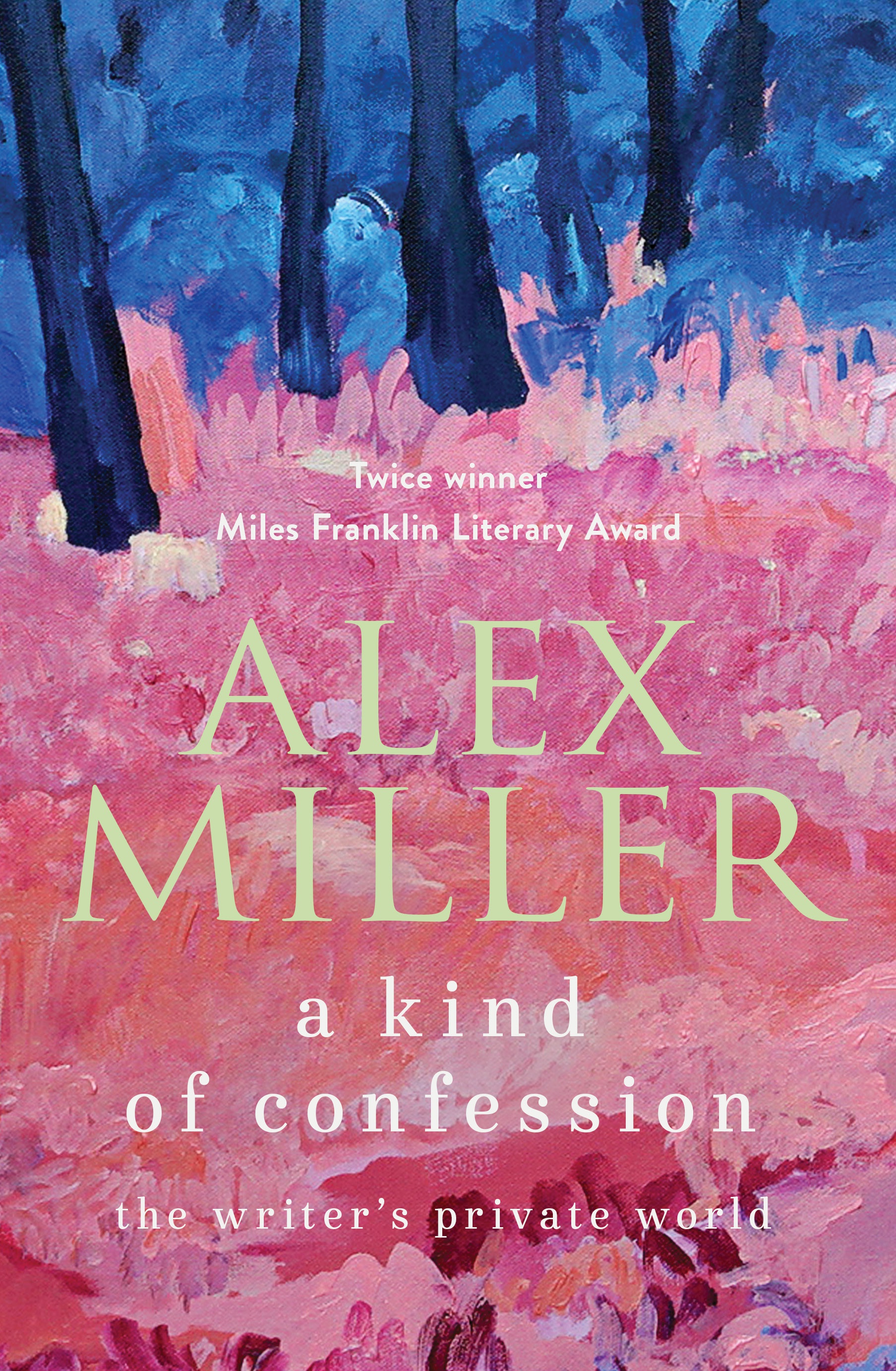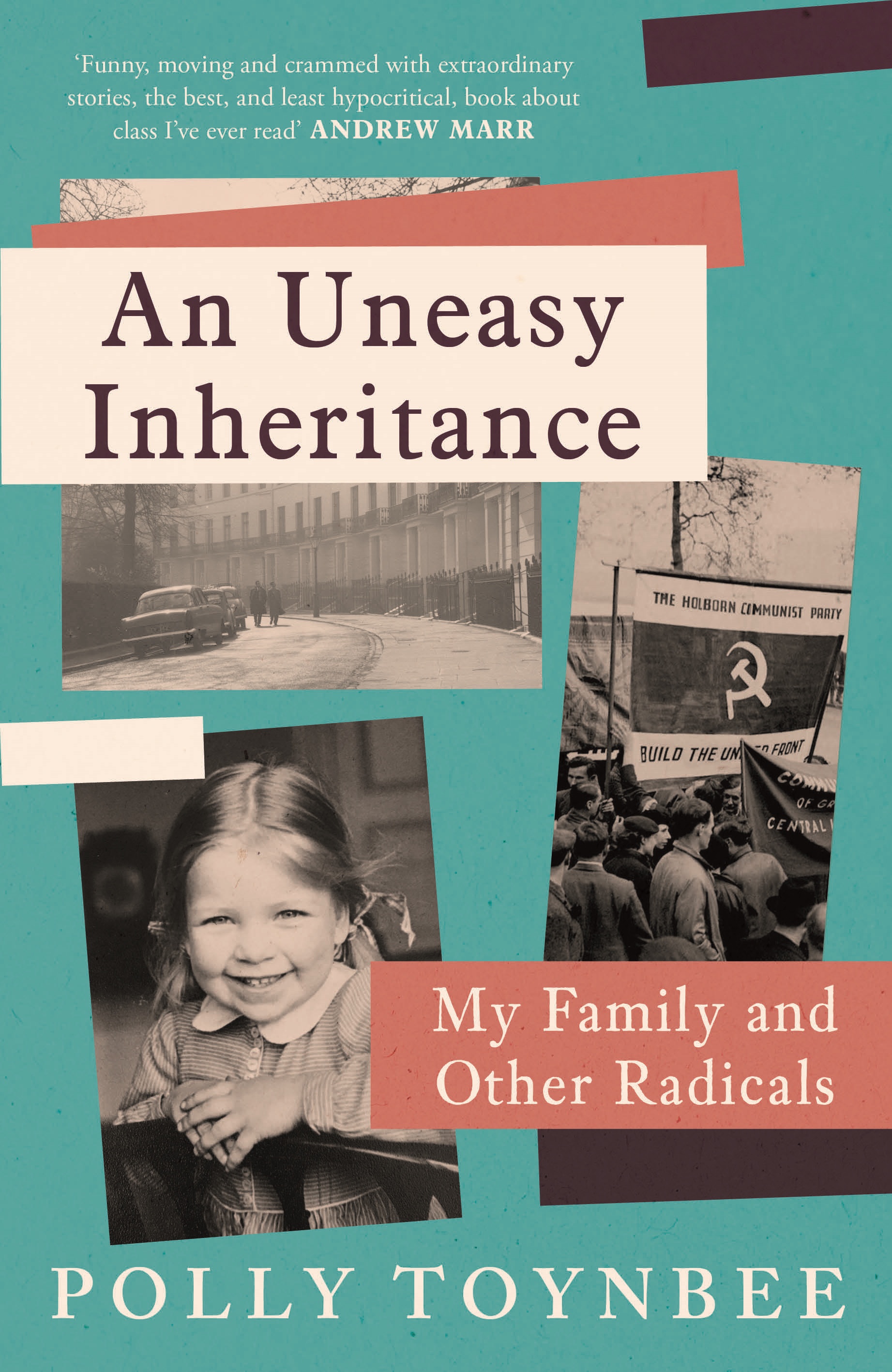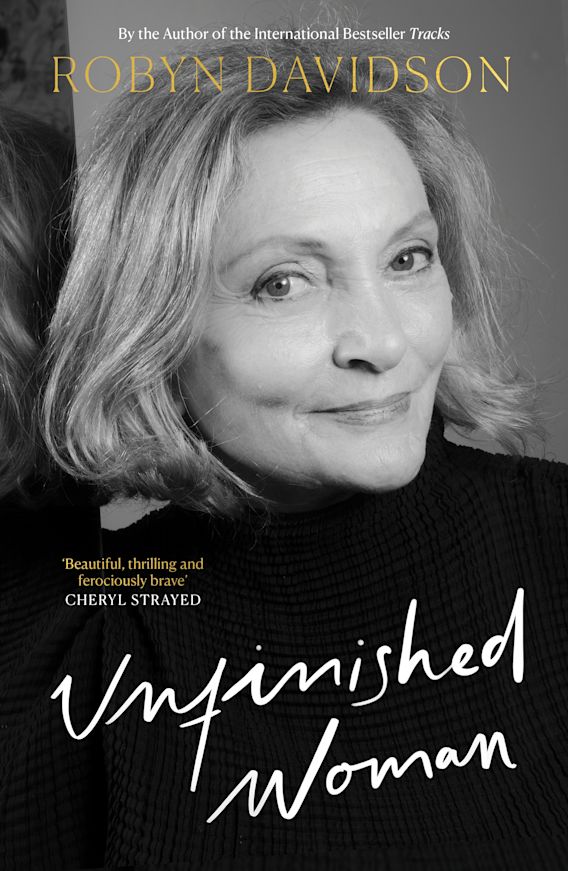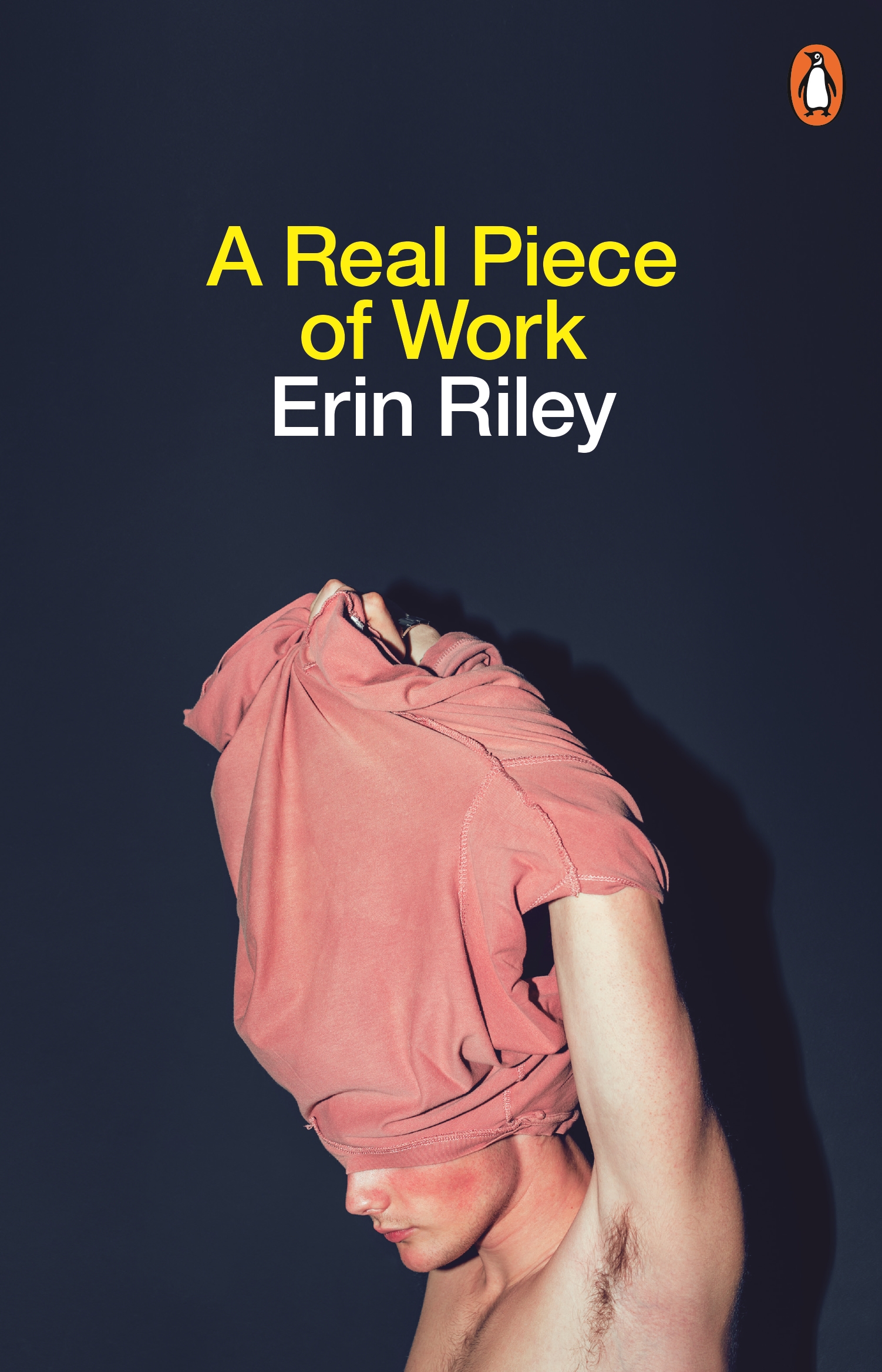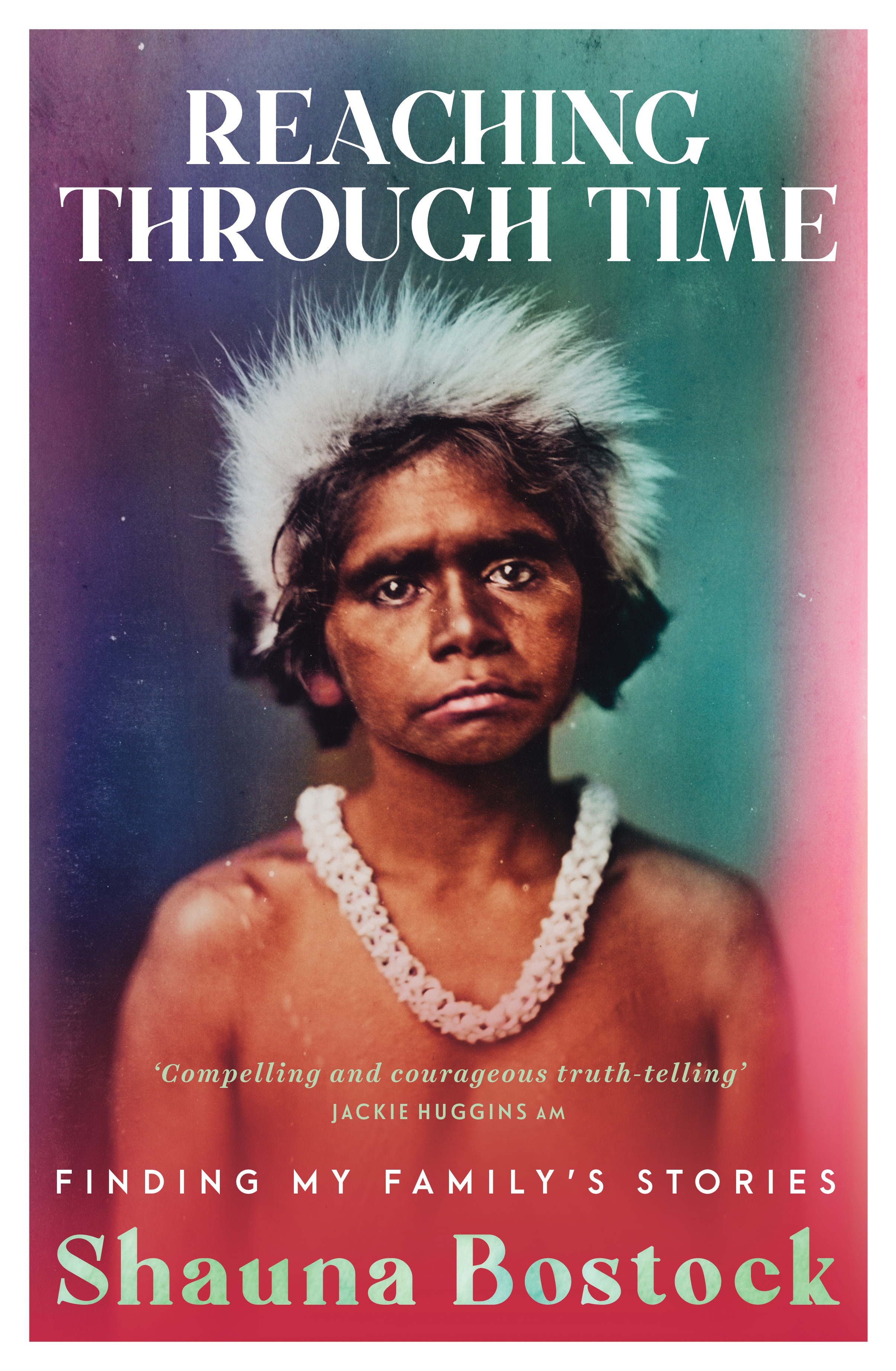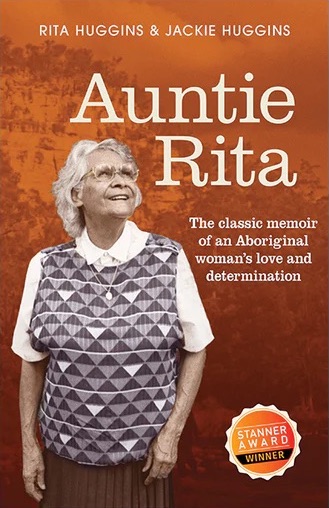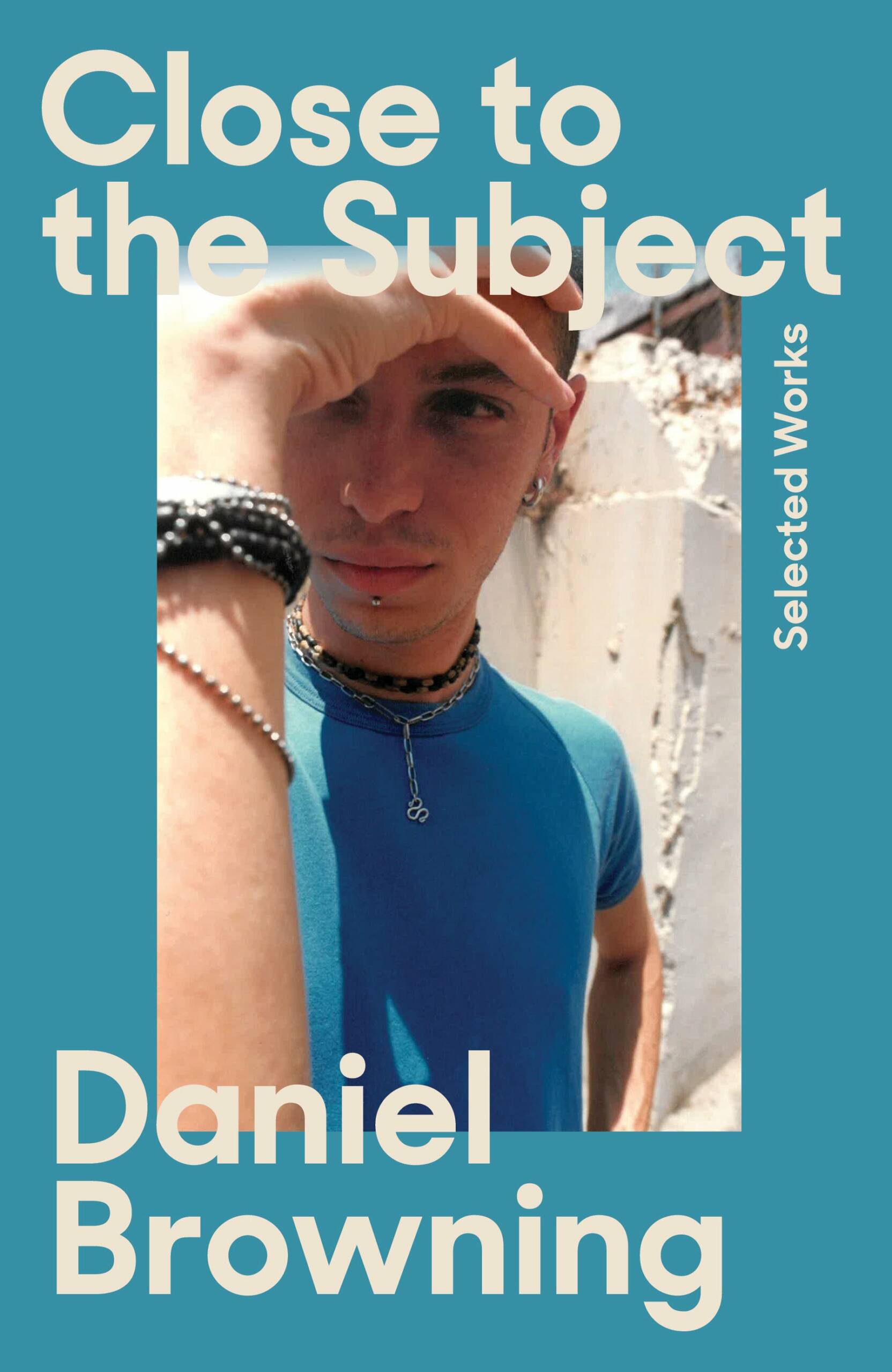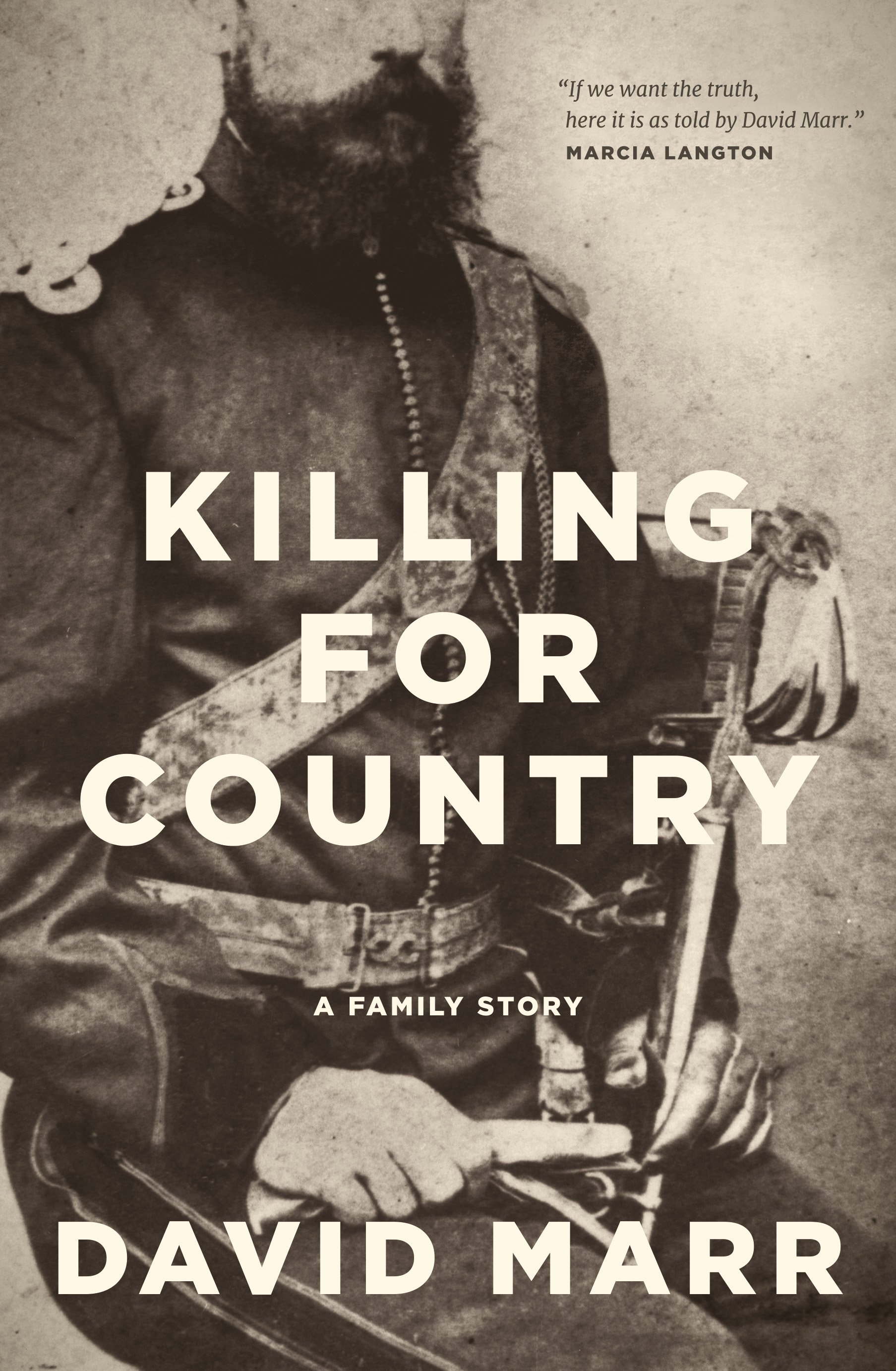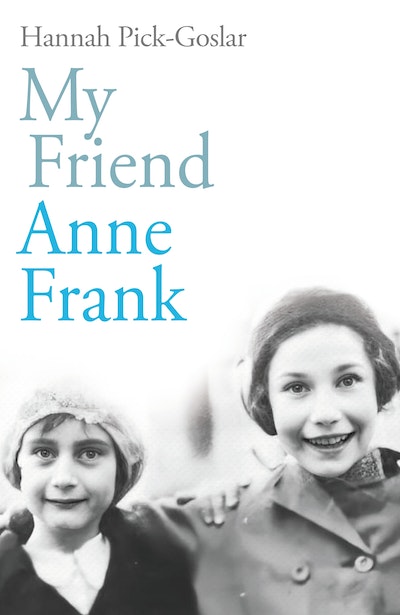Memoir
A Kind of Confession: The writer's private world by Alex Miller
by Brenda Walker •
An Uneasy Inheritance: My family and other radicals by Polly Toynbee
by James Antoniou •
Reaching Through Time: Finding my family's stories by Shauna Bostock
by Jacinta Walsh •
Auntie Rita: The classic memoir of an Aboriginal woman’s love and determination by Rita Huggins and Jackie Huggins
by Julie Andrews •
Memoirs by Robert Lowell, edited by Steven Gould Axelrod and Grzegorz Kosc
by David Mason •

